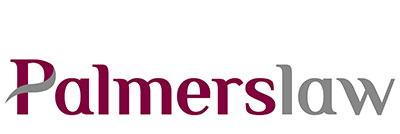According to research by RIDDOR, 123 employees died in work-related accidents in 2021/2022.
What are the full statistics?
Fatal injuries to workers by industry are as follows:
- Construction – 30
- Agriculture, fishing, and forestry – 22
- Manufacturing – 22
- Transport and storage – 16
- Admin and support services – 12
- Wholesale, retail, motor repair – 11
- Waste and recycling – 1
- Other – 9
Fatal injuries to workers by age
- 60 plus – 29
- 16-59 – 93
- Unknown – 1
Main reasons for fatal injuries
- Fall from height – 29
- Struck by moving vehicle – 23
- Struck by moving object – 18
- Contact with moving machinery – 15
- Trapped by something collapsing or overturning – 14
Unfortunately, the workers were not the only one victims of workplace accidents as 80 members of the public lost their lives too during 2021/2022.
With this in mind, it is vital that employers are keeping on top of the Health and Safety at Work etc Act 1974.
This guidance sets out an employers’ general duties towards:
- Their employees
- Members of the public
- Themselves
Please note, certain self-employed workers also have a duty towards themselves and others.
Below are two main regulations to remember, one of which has become more widely known since the start of the Covid-19 pandemic.
The Workplace (Health, Safety and Welfare) Regulations 1992
Employers must provide staff with:
- Sufficient lighting, heating, ventilation, and workspace (which are kept clean)
- Facilities, such as a toilet, washing facilities and refreshment
- Safe passageways, to prevent slipping and tripping hazards
The Personal Protective Equipment at Work Regulations 1992
Employers must:
- Ensure that appropriate personal protective equipment (PPE) is provided free of charge “wherever there are risks to health and safety that cannot be adequately controlled in other ways”
- Provide information and training for this equipment
Jeremy Sirrell, a Director at Palmers and a Health and Safety advisor, said: “Before starting projects, construction and engineering companies must ensure they have Health and Safety procedures in place to avoid any casualties.
“If you are concerned about your business’ safety obligations, then it is important that you seek specialist advice at the earliest convenience.”
For help and guidance on all aspects of Health and Safety Law, including putting in place strategies to protect your workforce, please contact our expert team today.







